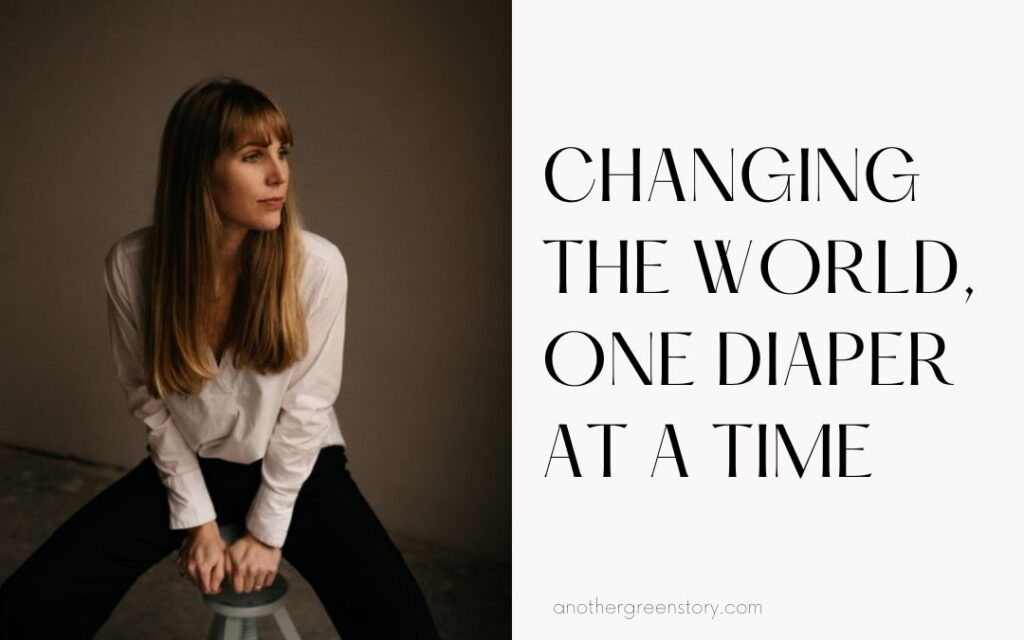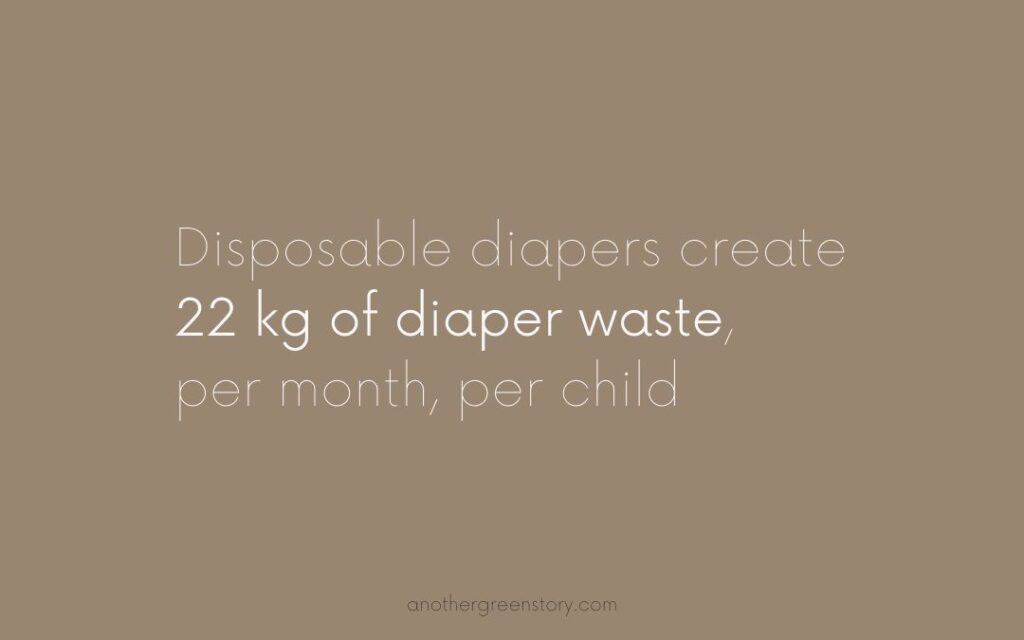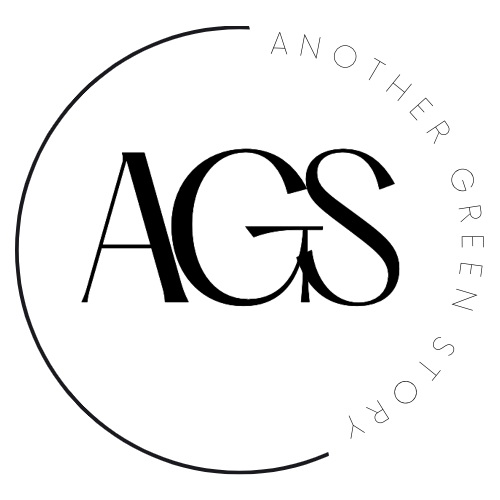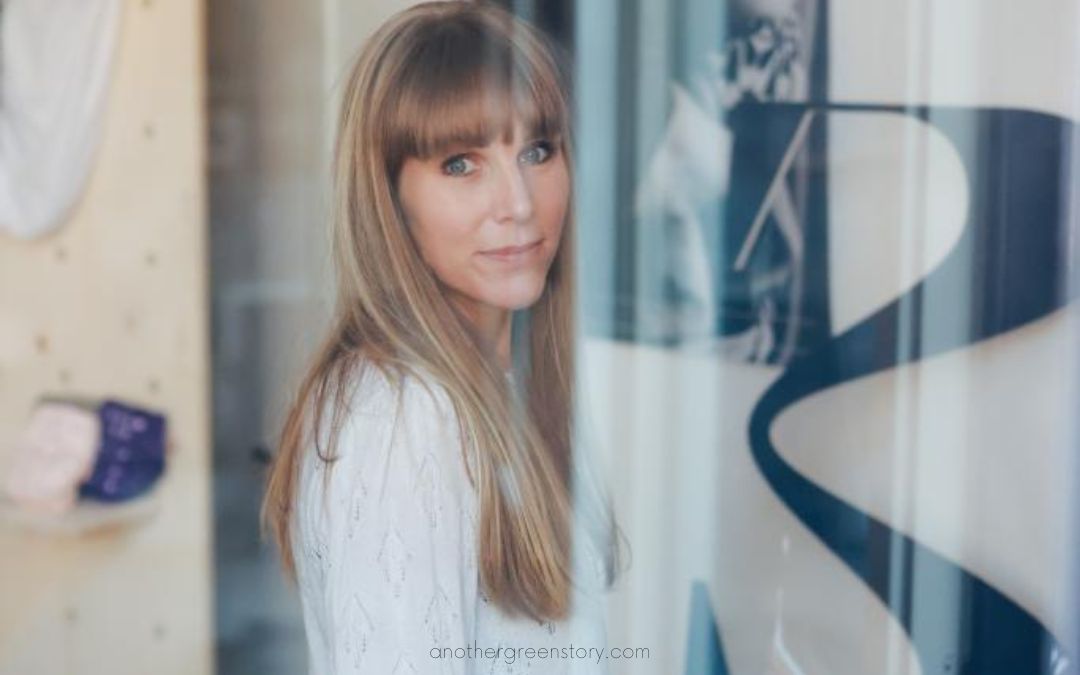As a CEO and founder of Billie Wonder, Steef Fleur had a vision to make a difference in the world, and she is doing it one diaper at a time. Billie Wonder is a company that produces and sells washable diapers and accessories that are made with hemp-based materials. It is a company that is dedicated to the environment, and its mission is to make products that the planet is happy to take back.
Are you a parent who’s concerned about the impact your baby’s diapers are having on the environment? Are you tired of constantly buying disposable diapers and creating unnecessary waste? Look no further!
Steef Fleur is a true Change Maker therefore I interviewed her for my Another Green Story podcast. Listen to the podcast or read the entire interview below.
Listen to the Another Green Story Podcast: Change Maker Billie Wonder
Listen & subscribe to our podcast via Soundcloud, iTunes or Spotify
Making a Positive Impact with Billie Wonder’s Washable Diapers
In 2018, Billie Wonder was launched as a reseller of existing brands of washable diapers. However, Steef quickly realized that there was an opportunity to optimize the product and the system to make it work better for all parents. She also realized that hemp was the most regenerative raw material that could be used for textiles, and so she made the switch to using hemp-based materials.

Collaboration with Nina Pierson and Jennifer Hofman
The launch of Billie Wonder’s own collection of premium and easy-to-use washable diapers and accessories made a big impact in the Netherlands, and it was immediately adopted by a lot of parents. One of the reasons for this was the collaboration with Dutch role models Nina Pierson and Jennifer Hofman. Nina Pearson, who Steef knew already, offered to give Billie Wonder a collection when she found out about Steef’s project. Jennifer Hofman, who was already using the diapers, believed in Steef’s vision and offered to help her set up the company.
Making Products That the Planet Is Happy to Take Back
One of the reasons that Billie Wonder has been successful is its commitment to making products that the planet is happy to take back. Steef understands that every decision that a company makes has an impact on the environment, and so she has made it her goal to make sure that Billie Wonder’s impact is as positive as possible. This means using hemp-based materials for the diapers and accessories, which are the most regenerative materials that can be used for textiles.

Reducing Diaper Waste with Washable Diapers
In addition to making products that are good for the environment, Billie Wonder is also making a positive impact by reducing the amount of diaper waste that ends up in landfills. Disposable diapers create 22 kilograms of diaper waste per month per child, and in the Netherlands, the average age for children to be in diapers is 3.5 years. With 180,000 babies born in the Netherlands every year, that’s a lot of waste. Worldwide, it’s estimated that there are 4 billion kilograms of diaper waste every year.
In contrast, washable diapers can be used approximately 400-500 times and have a big impact on reducing the amount of waste created. Moreover, with the manufacturing of washable diapers, the amount of raw materials needed is reduced by 95 percent. This results in at least 50% CO2 reduction because of reduced transportation, manufacturing, and waste management.
Advantages of Washable Diapers for Parents
Aside from the environmental benefits of washable diapers, there are several advantages for parents who choose them for their children. At Billie Wonder, they believe that kids can be potty trained 1.5-2 years faster with washable diapers, and they even have a potty training app to help parents with this. With washable diapers, potty training is made easier, and parents will need to change fewer diapers.
Billie Wonder advises parents not to use them in the first few days of parenthood, wait until things have settled down a bit. Then, parents can gradually switch to washable diapers and get used to the routine. Once accustomed, it is easy to use washable diapers, and it requires just 15-30 minutes of extra washing time per cycle, which is done twice a week for full-time washable diapers.
The Routine of Using Washable Diapers
To use washable diapers, there are two components: a water-resistant outer layer and an absorbing inner layer. A liner is also used to catch the solids. Once soiled, the liner and solids are disposed of together. The diaper goes into a bin with a net, and when it is time to wash, the full net is taken out and placed into the laundry machine. The laundry machine washes out the diapers with a short cycle of 15-30 minutes on cold water. Afterward, the diapers can be dried and reused.
Challenges of Running a (Small) Sustainable Enterprise
However, making products that are good for the environment is not always easy, especially for (small) enterprises like Billie Wonder. For example, the absorbing layer of the diapers is made from a blend of organic cotton and hemp, because Billie Wonder is still too small to create a 100% hemp-based fabric. But Steef is committed to making the switch to 100% hemp-based fabrics as soon as the company is big enough and the industry is ready for it.
One of Billie Wonder’s biggest challenges has been gaining traction and raising awareness about our brand and our products. With so many disposable diaper options on the market, it can be difficult to convince parents to switch to washable diapers, especially if they are not familiar with the benefits.
Another challenge has been sourcing sustainable materials for our products. While we strive to use the most sustainable and eco-friendly materials possible, some materials are still not widely available or affordable for a small business like ours. However, we are constantly researching and exploring new materials and production methods that align with our mission.
Setting up a sustainable business is challenging and rewarding
Setting up, starting, and funding a sustainable business can be both challenging and rewarding. When it comes to funding, it can be a difficult process that takes time, especially when trying to attract investors who want to get to know the founder and their vision. However, for Steef Fleur, the process of obtaining funding was not too arduous, despite the challenges. She managed to secure funding within just five months, even amidst the pandemic. With no tangible product to sell, she relied on a compelling vision and collaboration with well-known designers and ambassadors to attract investors.
While crowdfunding was considered as an alternative to angel investors, Steef decided against it due to the niche market and the amount of marketing required. However, as the product gains more recognition, crowdfunding may become a viable option in the future.
Overall, starting and funding a sustainable business requires perseverance, creativity, and a willingness to adapt to changing circumstances. While challenges are inevitable, success can be achieved with the right mindset and approach.
Start Small and Focus on Creating a High-Quality Product
Steef Fleur’s advice would be to start small and focus on creating a high-quality product that aligns with your values and mission. Don’t try to do everything at once and don’t compromise on your values.
Be Transparent with Customers about Production Processes and Materials
It’s also important to be transparent with your customers about your production process, materials, and any sustainability certifications you may have. Consumers are becoming more conscious of their impact on the environment, and they want to support brands that share their values.
Collaboration is Key
Lastly, don’t be afraid to ask for help or collaborate with other businesses or organizations that share your mission. It can be challenging to navigate the sustainability landscape as a small business, but there are many resources and networks available to support you.
Seeking Advice and Validation for Sustainable Businesses
For those interested in starting a sustainable business, it’s crucial to seek advice and validation from others. Talking to experts and getting a coach to guide you along the way can help you avoid common pitfalls and ensure that your business idea is viable. It’s also important to be open to feedback and adjust your plans accordingly.
In conclusion, creating sustainable products and companies is not easy, but it is necessary if we want to create a better future for our planet and future generations. By choosing to use washable diapers, parents can make a big impact on reducing diaper waste and minimising their carbon footprint.
As entrepreneurs, we have a responsibility to make ethical and sustainable choices in our business practices, and we can make a positive impact by creating products that the planet is happy to take back.
It all Starts with a Change in the Consumer Mindset
Looking towards the future of sustainable business, it all starts with a change in the consumer mindset. Companies have a big role to play in promoting sustainable alternatives, but it’s the government’s responsibility to take the lead in ensuring a sustainable future. For example, the government could tax single-use products at a higher rate, or require people to pay for the amount of trash they generate. By doing so, individuals will become more aware of their impact on the environment and will be motivated to make better choices.
The Importance of Government Involvement in Sustainability
As a sustainable company, it’s important to engage with the government in promoting sustainable practices. This can be achieved by attending meetings and joining stakeholder groups, as well as by advocating for change through various channels.
Exciting Plans for Billie Wonder’s Future
As for Billie Wonder, the company has exciting plans for the future. They’re expanding into retail and working on launching a system for daycares to use washable diapers. They’re also developing side products for mothers and babies, and collaborating with other companies to promote sustainable decision-making. The aim is to be in 20 stores in the Netherlands before the summer of 2023, and to eventually expand into larger retail outlets.
The Future of Sustainable Business: Everyone Doing Their Part
In conclusion, the future of sustainable business depends on everyone doing their part. Consumers, companies, and governments all have a role to play in promoting sustainability, and by working together we can create a better, more sustainable future for all.
Meet other Change Makers like Billie Wonder
I’ve interviewed Steef Fleur for the Another Green Story podcast serie Change Makers. Other Change Makers that have been interviewed, who might interest you:

